Keywords: Fossil Fuels
There are more than 24 results, only the first 24 are displayed here.
Become a subscriber for more search results.
-
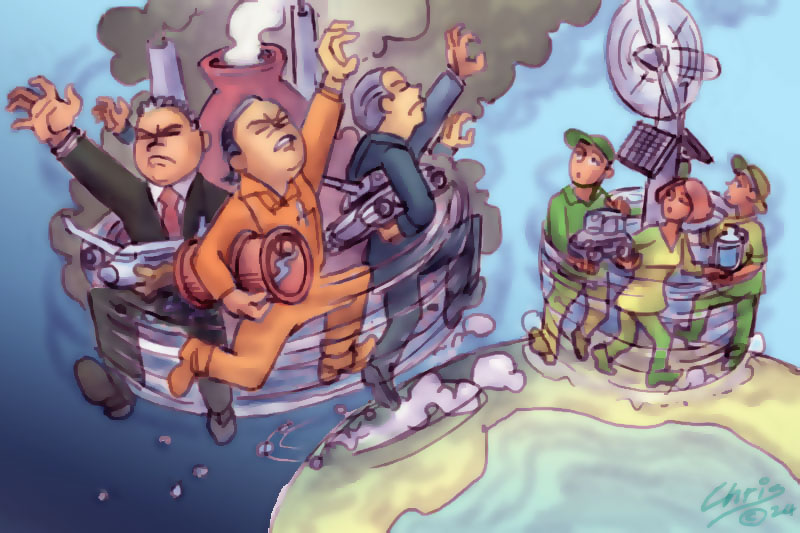
ENVIRONMENT
- Phil Jones
- 28 November 2024
1 Comment
Infinite economic growth on a finite planet is a paradox we can no longer ignore. As environmental crises deepen, solutions like the Steady State Economy offer a roadmap to balance sustainability and prosperity. Yet, transitioning from growth-centric systems raises hard questions: Can we create an economy that values life over profit?
READ MORE
-
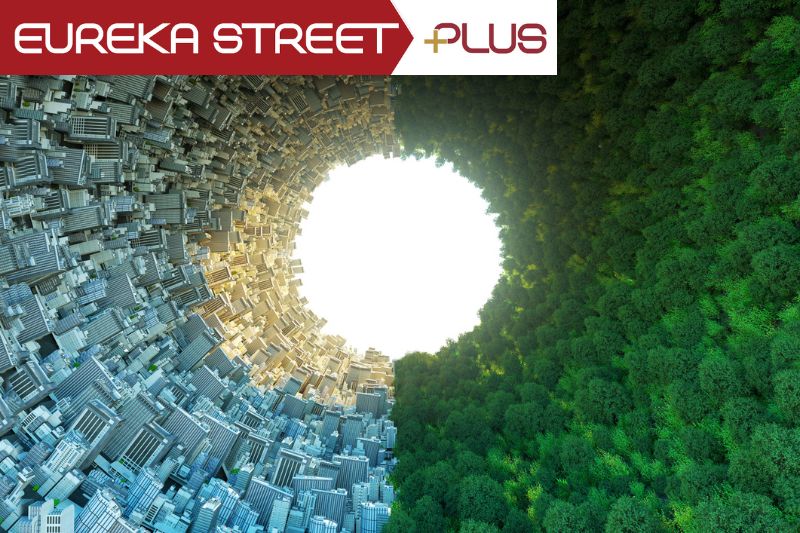
ENVIRONMENT
- Michael McVeigh
- 28 November 2024
Following an underwhelming COP29 climate summit, many are grappling with a collective climate despair in light of sobering news that the 1.5-degree warming target is no longer achievable. How should we confront such a reality while working to build a better, more sustainable world with a sense of hope?
READ MORE 
-
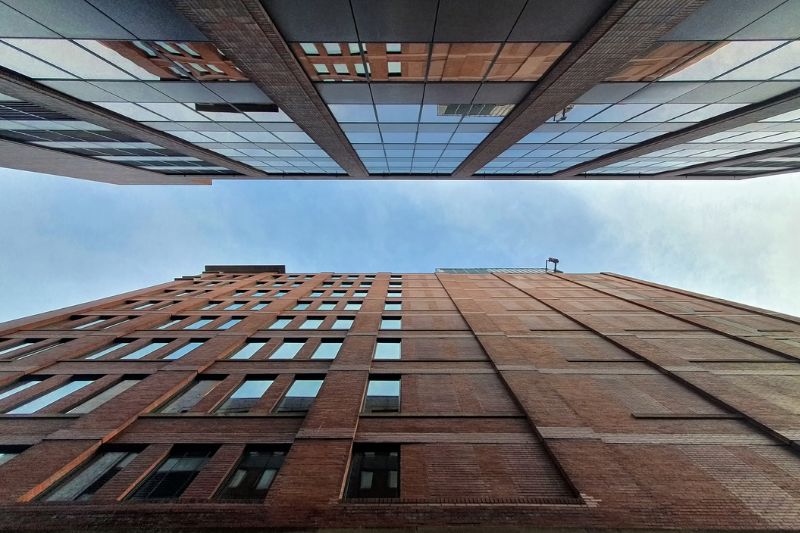
ECONOMICS
- David James
- 10 September 2024
2 Comments
As continued high interest rates and stagnant incomes put a strain on households, leading more Australians give up on the dream of home ownership, government attempts to manage both the cost of living crisis and the housing crisis may be doing too little too late.
READ MORE
-

ENVIRONMENT
- Michele Gierck
- 31 August 2024
As rising sea temperatures trigger widespread coral bleaching across the Great Barrier Reef, marine scientists explore the devastating effects and do what they can to restore these vital ecosystems.
READ MORE 
-

INTERNATIONAL
- Michael McVeigh
- 18 July 2024
1 Comment
In a world racing to embrace AI, we rarely hear about AI's voracious appetite for energy. As tech giants like Google and Microsoft see their emissions soar, questions arise about the environmental cost of this digital revolution. Is AI's promise worth the toll on our climate goals?
READ MORE
-
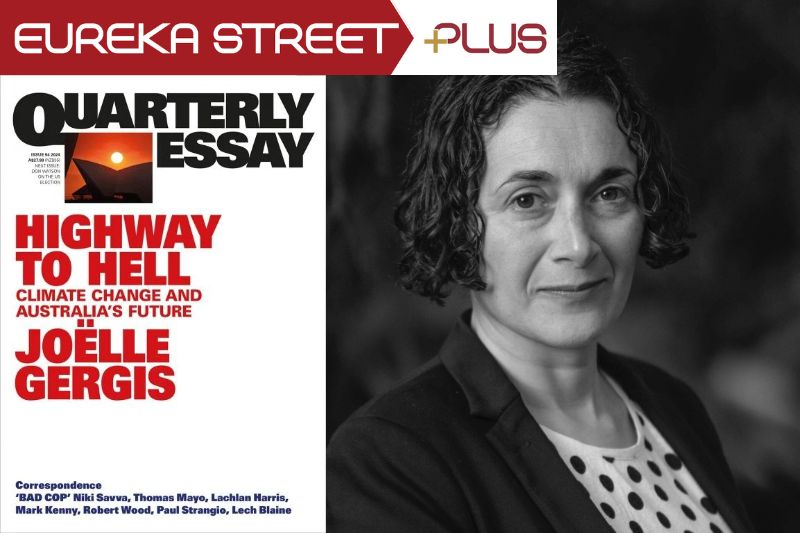
ENVIRONMENT
- Julie Perrin
- 12 July 2024
1 Comment
In her new Quarterly Essay Highway to Hell, Australian climate scientist Joëlle Gergis pleads in language beyond the careful neutrality of traditional science-speak: ‘We need you to stare into the abyss with us and not turn away.’
READ MORE 
-
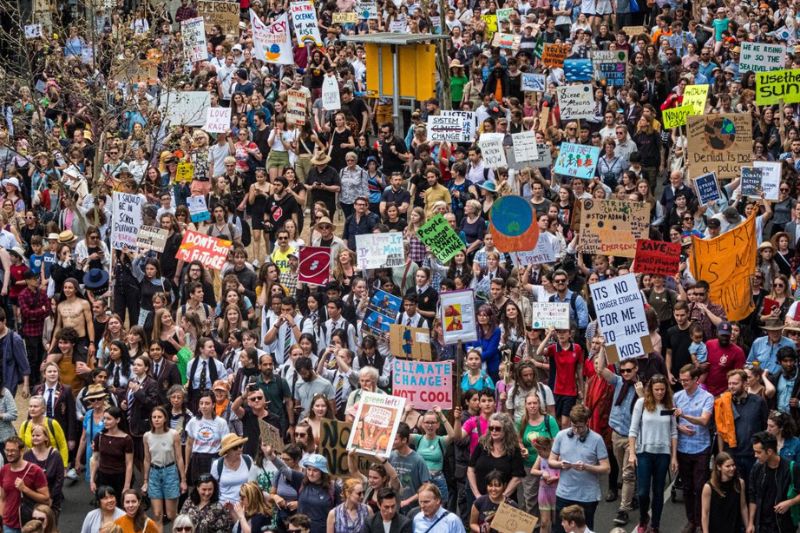
ENVIRONMENT
- Andrew Hamilton
- 05 June 2024
Days like World Environment Day aim to combat apathy, urging action against the grim realities of climate change. Despite dire headlines, there are grounds for hope, if not for optimism. Any change in environment for the better must be grounded in a change of heart.
READ MORE
-

ECONOMICS
- David James
- 20 February 2024
3 Comments
What does it mean when ideas of scarcity – supposedly the driving principle in understanding supply and demand – are no longer the only or best way to think about economic activity? What is needed to understand the post-industrial environment is a new way of thinking about economics and finance.
READ MORE
-
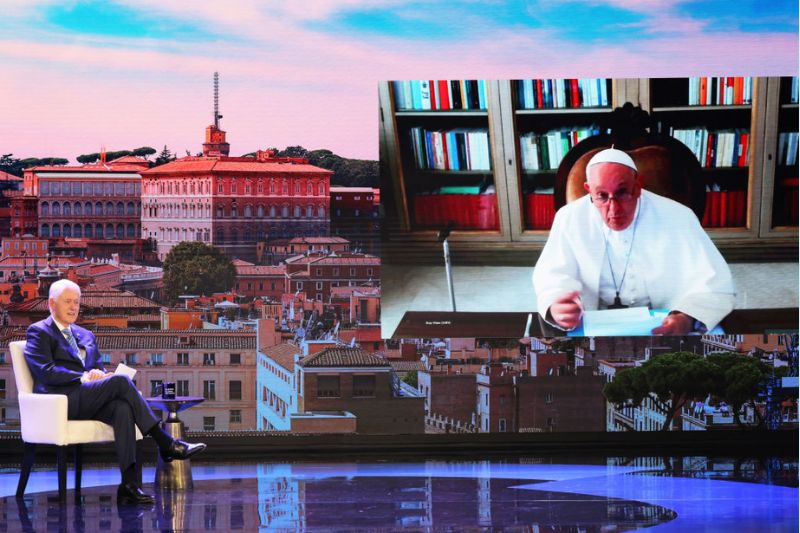
ENVIRONMENT
- Stephen Minas
- 07 February 2024
Recently Pope Francis’ approach is to speak in direct – sometimes blunt – terms about the shortcomings of climate action in recent years, suggesting that we need a system of climate justice that is not built on the backs of the poor.
READ MORE
-
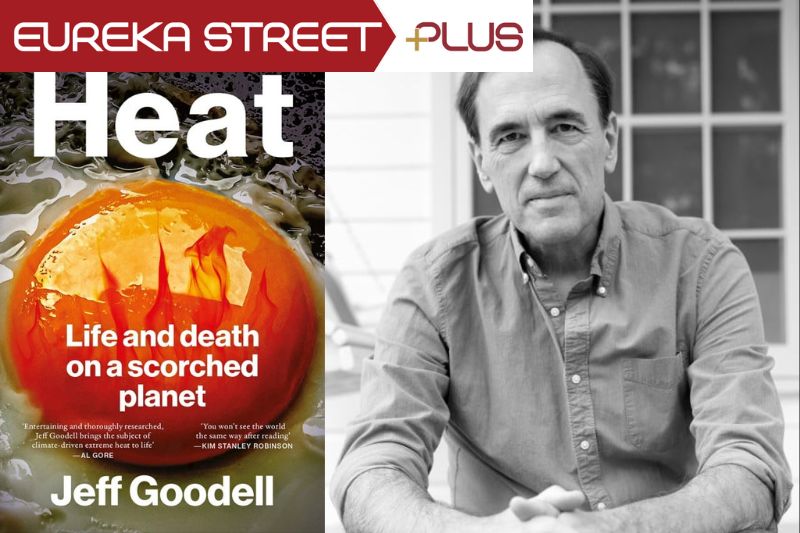
ENVIRONMENT
- David Halliday
- 11 January 2024
How will a warming planet impact us? In conversation with Eureka Street, longtime climate journalist and contributing editor for Rolling Stone Jeff Goodell discusses two decades of covering climate change, examining the effects a superheated world, and how humanity will need to adapt.
READ MORE 
-

ENVIRONMENT
- David Halliday
- 11 August 2023
How will a warming planet impact us? In conversation with Eureka Street, longtime climate journalist and contributing editor for Rolling Stone Jeff Goodell discusses two decades of covering climate change, examining the effects a superheated world, and how humanity will need to adapt.
READ MORE 
-
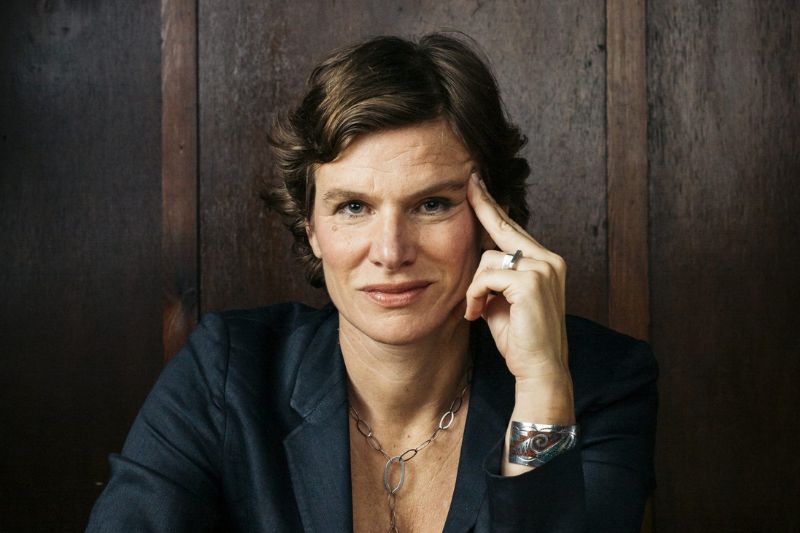
RELIGION
- Bruce Duncan
- 01 June 2023
2 Comments
Prominent figures such as Australia's Treasurer Jim Chalmers and Pope Francis are turning to economist Mariana Mazzucato for insights on reforming the neoliberal capitalist system. Her vision for an equitable and sustainable global economy, aligned with the UN Sustainable Development Goals, is influencing key discussions on economic fairness worldwide.
READ MORE